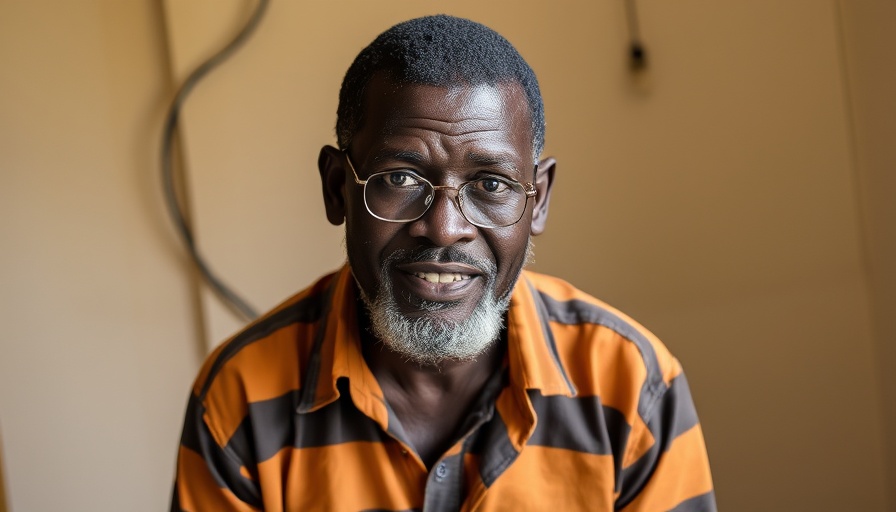
Shocking Account of Human Rights Violations in East Africa
The recent harrowing story of a Kenyan activist, who endured four days of severe torture in Tanzania, casts a glaring spotlight on ongoing human rights violations in the region. The activist, whose identity remains safeguarded for security reasons, recounted a nightmarish experience marked by brutal beatings and suffocating mistreatment during a politically motivated imprisonment.
Political Context: A Growing Concern
This incident isn’t an isolated case; it reflects a troubling pattern associated with the crackdown on dissent within East Africa. Observers note that such violations are often tied to deteriorating democratic norms and governance, where oppressive tactics are employed against activists deemed threats to state stability. This could potentially jeopardize Tanzania's relations with other nations, particularly as global scrutiny of human rights issues intensifies.
Impact on East African Political Landscapes
The implications of this incident extend beyond individual suffering. They signal a broader erosion of trust in governments and their institutions that are meant to protect their citizens. As international markets and investors increasingly favor politically stable environments, East African nations must consider how human rights conditions affect foreign relations and trade. Good governance and adherence to human rights are critical for attracting international business interests.
Future Predictions: A Call for Action
The increasing frequency of such abuses compels policymakers and international bodies to reevaluate their responses to human rights infringements in the region. Global trade agreements and diplomatic negotiations may hinge upon demonstrable improvements in governance and respect for fundamental rights. The recent activism by various civil society groups could herald a shift towards greater accountability — a trend that can significantly alter the landscape of African politics and governance.
Conclusion: Why This Matters
The ordeal of this Kenyan activist serves as a clarion call for collective action against human rights abuses in East Africa. As stakeholders in the African economy and global trade consider the implications of governance on development, it becomes evident that taking a stand against violations is not just a moral obligation but an economic necessity as well. It is imperative for business leaders, policymakers, and citizens to advocate for greater transparency and accountability.
 Add Row
Add Row  Add
Add 


 Add Row
Add Row  Add
Add 

Write A Comment